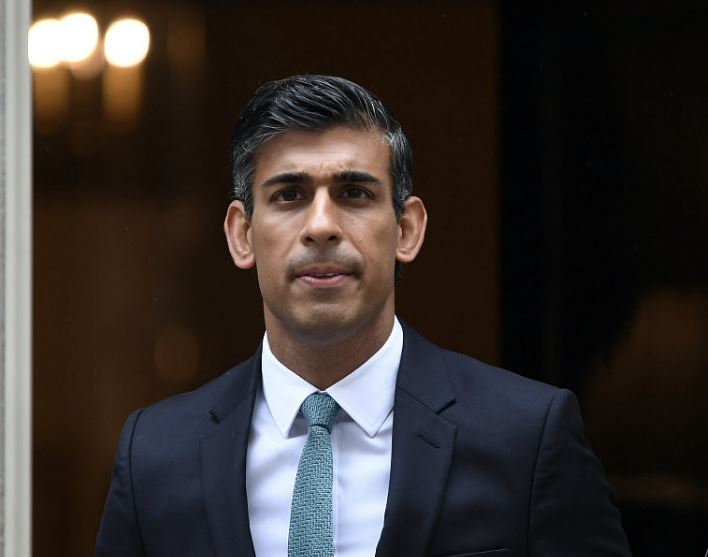The days of the British Prime Minister Rishi Sunak and his Conservative Party government are numbered. What had been fast becoming clear now tends to be confirmed following results this week from local elections across England. There are clear current indications that the Tories are on their way out. The chances of the Labour Party capturing power ousting the Conservative Party have brightened after what is being stated as one of the worst, if not the worst, Conservative performances in local government elections in the last 40 years. It has, so far, lost over 500 council seats. Quick to understand the implications of the defeat of his party in the local body elections and byelection to one national seat, Sunak has conceded that the results were disappointing, though that is understandably a gross understatement. For, the Tories have already lost over half the council seats they were trying to defend. The upshot of the results is that the voters have stopped pinning their faith on the Conservatives. They are fed up with rising bills and the failure of the government to cushion them against the cost of living crisis. In other words, they are in a mood to punish the Conservatives who were given reasonably enough time to fix the problems. The reelection of Ben Houchen as Tees Valley mayor appears to be a poor consolation for the Conservatives and seems to be the proverbial straw that the drowning man clutches. There are other tell-tale signs that the Conservatives’ fate is sealed. The most significant of these is the Labour’s stunning victory in Blackpool which will now have Chris Webb as its MP who defeated the Conservative candidate with a 26% swing against the Tories. This is a clear message to Sunak that his time is up. The Labour also secured the newly enlarged north-east mayoralty and claimed victory in Sunak’s back yard with its candidate winning the race to be mayor of York and North Yorkshire.
Labour is getting traction across England. It has wrested control of several decisive councils such as Hartlepool, Thurrock, Rushmoor and Redditch. These crucial contests show that the Labour’s stand against Brexit is getting approval from a vast swath of the population. Surely, these are essentially domestic elections, but they reflect the mood of the people who are disenchanted with the internal bickering among the Conservatives which have already installed three Prime Ministers by turn since 2019. There are now talks about yet another change of leadership to replace Sunak. But, this eventuality is doubtful despite a muted demand for it. Those among the Conservatives, who are reluctant to effect yet another change of Prime Minister with the elections due in November, argue that this would only turn the party into a laughing stock. This appears to be the dominant thinking in the party and those who are opposed to Sunak’s leadership are in the minority. But, such a tactic is no answer to the huge trust deficit of the electorate the party is facing. The Conservatives are on 25% of the projected national vote share, the lowest level since 2013.
However, despite the lack of a clear-cut replacement for Sunak there is no shortage of would-be contenders. There are the critics who resigned from Sunak’s government such as Suella Braverman, who quit as Sunak’s home secretary and Robert Jenrick, who left his job as immigration minister. There are also those disgruntled elements in the form of former Home Secretary Priti Patel and some others who are still serving in Sunak’s Cabinet.
These indicators prove things look bleak for the Conservative Party in the November general elections. It seems to have reached a dead end and has nothing to offer to the deeply disillusioned electorate.
